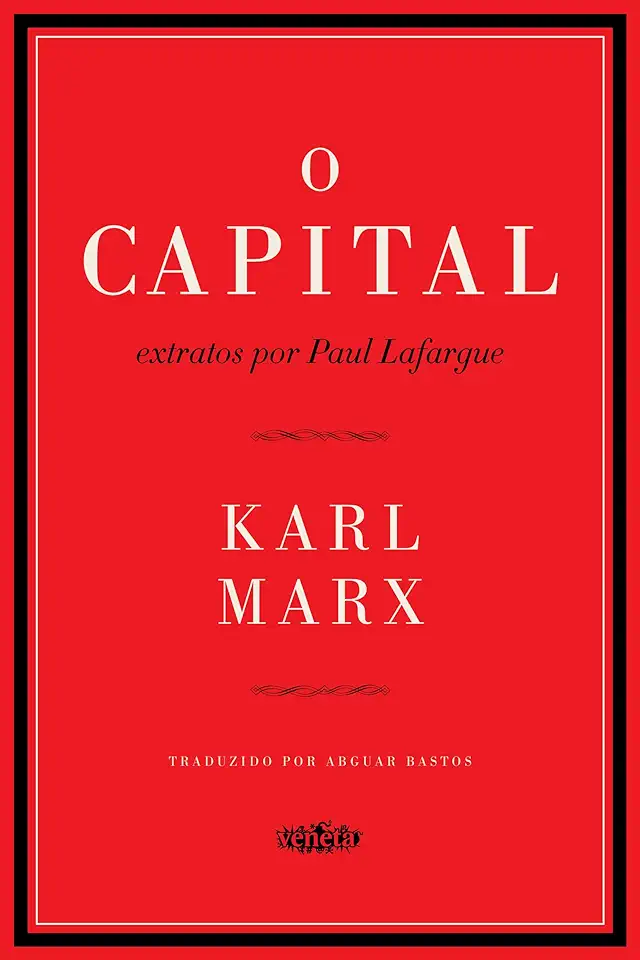
Capital - Marx
Capital: A Critique of Political Economy
Karl Marx's Capital is a seminal work of economic and political philosophy that has profoundly influenced the development of modern social thought. First published in 1867, Capital offers a comprehensive critique of capitalism, arguing that it is an inherently exploitative system that leads to the impoverishment of the working class and the concentration of wealth in the hands of a few.
Marx's analysis of capitalism begins with the concept of commodity fetishism, which refers to the way in which commodities appear to have value in and of themselves, rather than as products of human labor. This fetishism, Marx argues, obscures the real social relations that underlie the production and exchange of commodities, and it leads to the alienation of workers from their labor and from the products of their labor.
Marx also develops a theory of surplus value, which refers to the difference between the value of the labor that workers perform and the wages that they are paid. This surplus value, Marx argues, is the source of profit for capitalists, and it is the driving force behind the accumulation of capital.
The accumulation of capital, in turn, leads to a number of negative consequences for society, including:
- The impoverishment of the working class: As capitalists accumulate more and more wealth, the wages of workers decline, and they are forced to work longer and harder in order to survive.
- The concentration of wealth in the hands of a few: The accumulation of capital also leads to the concentration of wealth in the hands of a few wealthy individuals, who control the means of production and the distribution of resources.
- Economic crises: The capitalist system is also prone to economic crises, which are caused by the overproduction of commodities and the inability of workers to purchase the goods that they produce.
Marx argues that these negative consequences of capitalism are inherent to the system itself, and that they can only be overcome through a socialist revolution. In a socialist society, the means of production would be owned in common, and the profits from production would be distributed equally among all members of society. This would eliminate the exploitation of workers and the other negative consequences of capitalism, and it would create a more just and equitable society.
Why You Should Read Capital
Capital is a must-read for anyone who wants to understand the world we live in. It is a powerful and insightful critique of capitalism, and it offers a vision of a more just and equitable society. If you are interested in economics, politics, or social justice, then I highly recommend that you read Capital.
Here are a few reasons why you should read Capital:
- It is a classic work of economic and political philosophy. Capital is one of the most important works of economic and political philosophy ever written. It has had a profound influence on the development of modern social thought, and it continues to be read and studied by scholars and activists around the world.
- It offers a powerful critique of capitalism. Marx's analysis of capitalism is devastating. He shows how the system is inherently exploitative and how it leads to a number of negative consequences for society.
- It offers a vision of a more just and equitable society. Marx's vision of a socialist society is a powerful and inspiring one. It offers a way to overcome the injustices of capitalism and to create a more just and equitable world.
If you are interested in learning more about capitalism, socialism, or social justice, then I highly recommend that you read Capital. It is a challenging but rewarding book that will change the way you think about the world.
Enjoyed the summary? Discover all the details and take your reading to the next level — [click here to view the book on Amazon!]